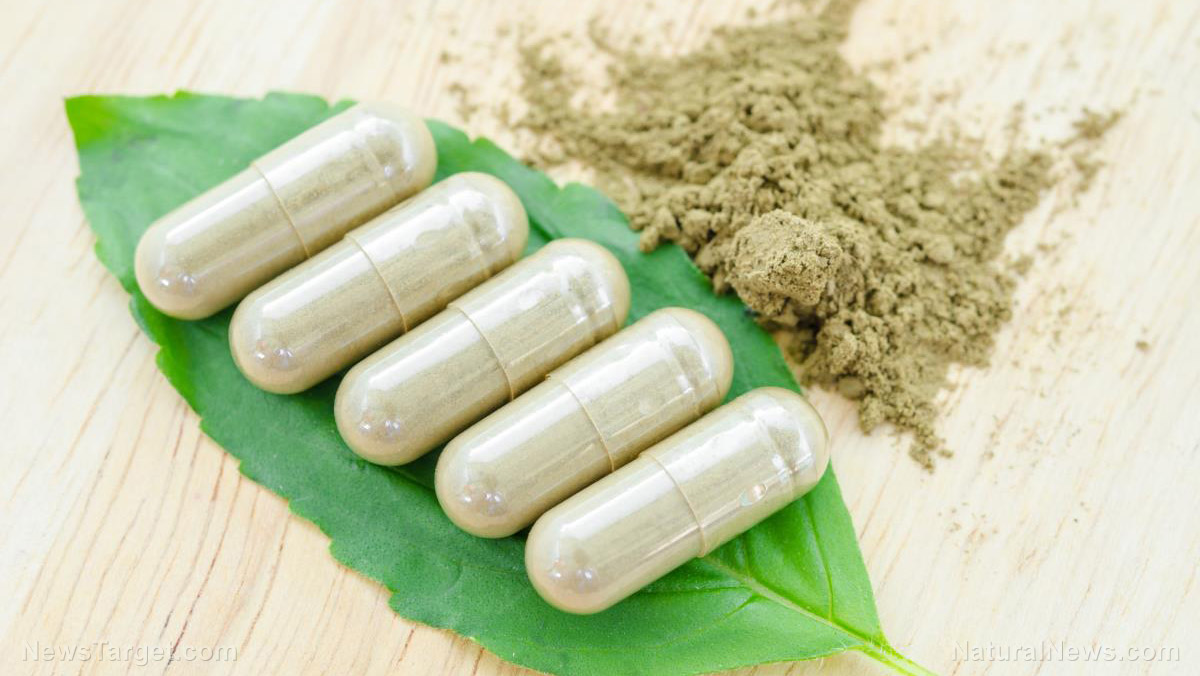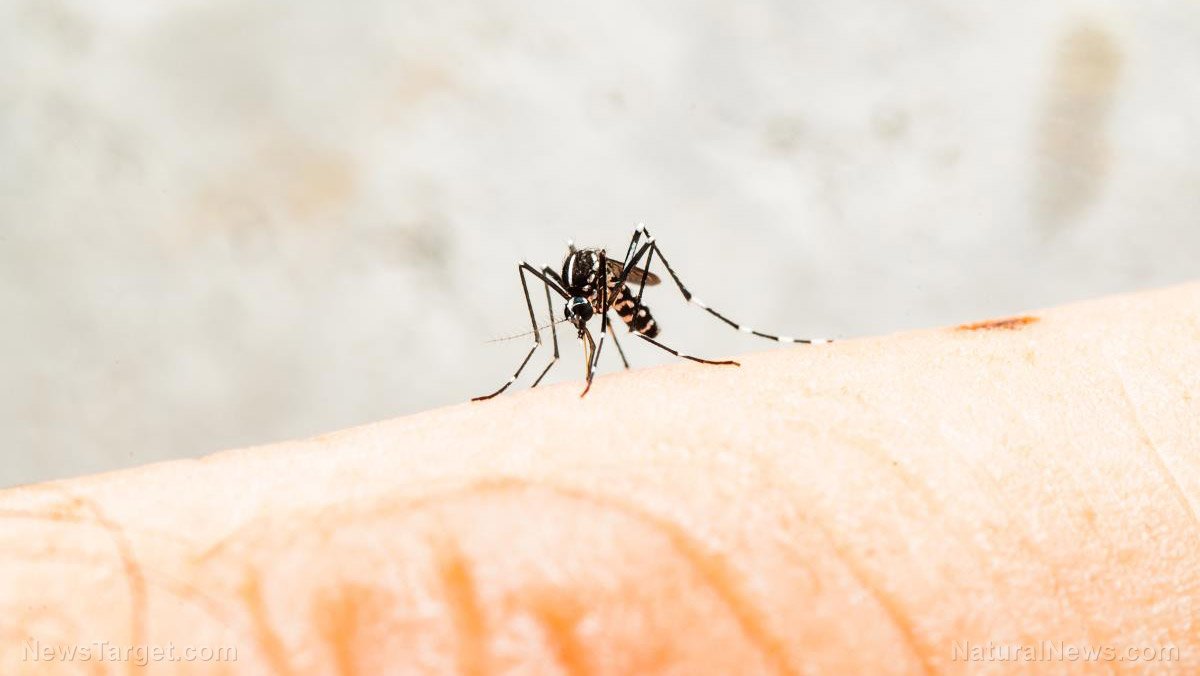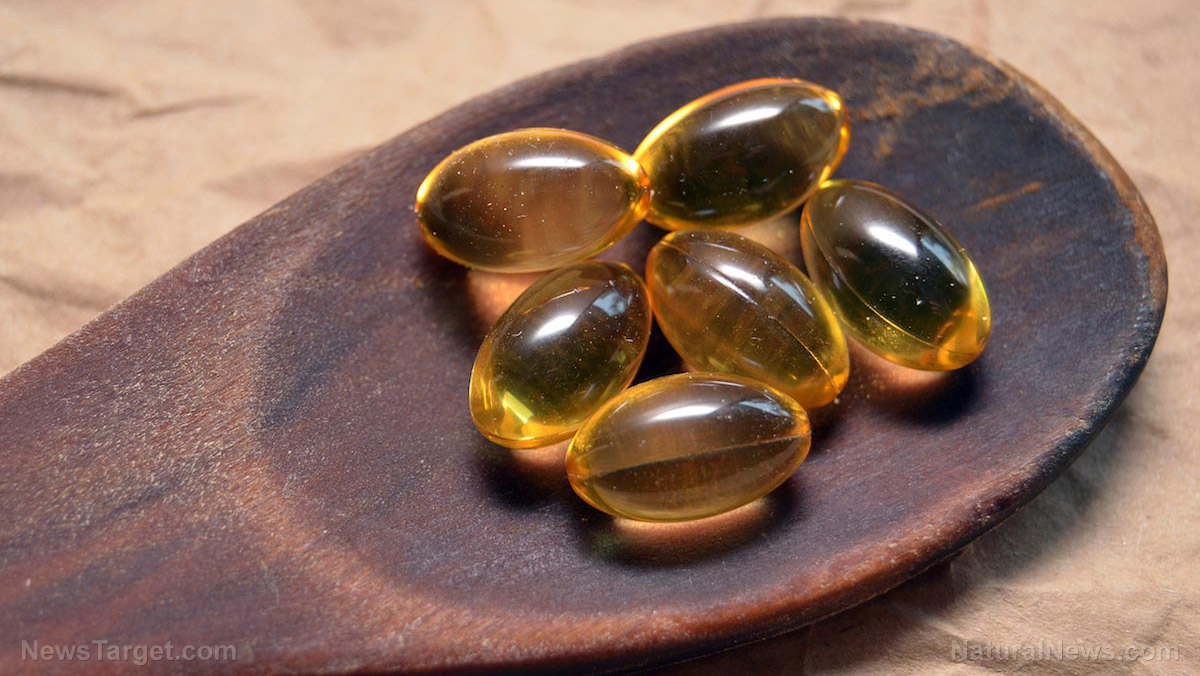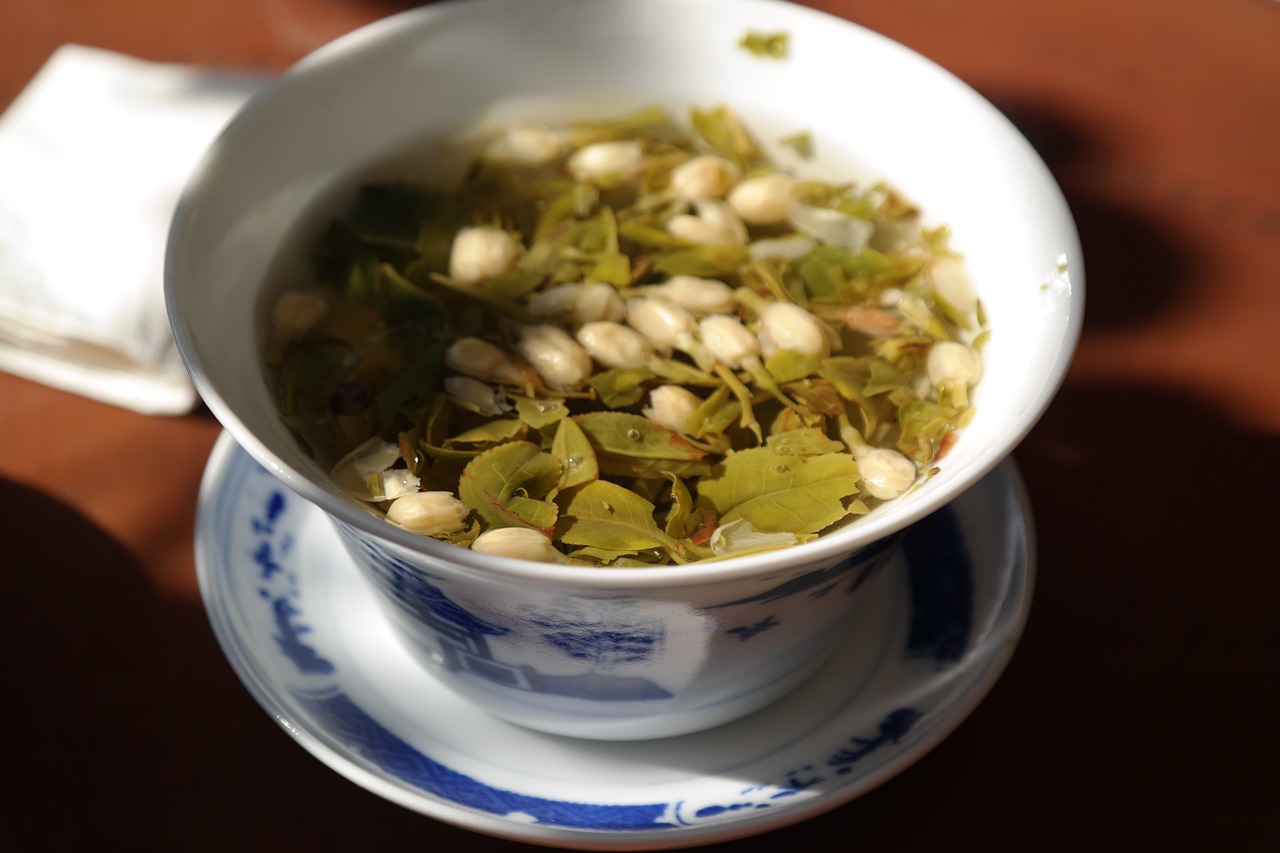Anise is known for its gastrointestinal benefits and can relieve cramping caused by gas
09/04/2018 / By RJ Jhonson
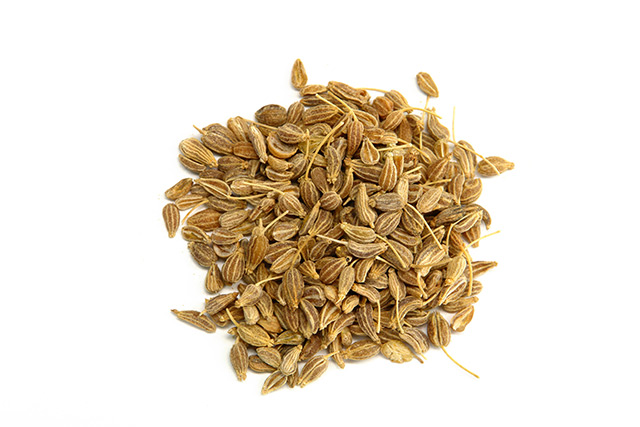
There are several things anise (Pimpinella anisum) is known for, but being a natural medicine isn’t the first of them. Which is understandable, of course – the plant’s seeds are best known for their fragrance and are used as an aromatic spice and as an ingredient in many perfumes. But while its nutritional and medicinal value are not as emphasized, they should not at all be ignored.
Anise is native to the Anatolian Peninsula but was soon cultivated in ancient Greece and Egypt. Over the centuries, its use has spread to different parts of the globe. Anise should not be confused with star anise which, while having an almost similar scent, actually has a different set of health benefits.
Anise as medicine
In the distant past, it was used mostly for its culinary and medicinal benefits. For instance, it was used as a treatment for gastrointestinal problems, specifically, for relieving distension and soothing cramping that results from the accumulation of gas. It was also used to relieve coughing and hiccups.
Among native Amazonians, the seeds were regarded as a gentle treatment for stomach aches in children. In Iranian medicine, it was given to patients as an analgesic for migraines. It was also used as an antiseptic and in aromatic, carminative, and diuretic treatments. Traditional texts in other cultures listed it for more complex conditions like nightmares, melancholy, and epilepsy.
Modern research has uncovered a slew of other benefits. For instance, some studies have indicated the seeds’ ability, in combination with other plants and seeds, to relieve constipation by acting as a laxative. The seeds were also found to address dyspepsia.
Some human trials have been conducted to examine the benefits of anise on menopausal women. These tests found that the seeds can reduce the intensity and number of hot flashes in the participants. This effect was attributed to the seeds containing phytoestrogen, chemicals in plants that act like the estrogen produced in the human body.
Animal studies confirmed anise’s anticonvulsant properties, or its ability to stop seizures brought about by conditions like epilepsy. The researchers noted that anise’s dose-dependent effects were “more satisfactory” than what the conventional anti-seizure drug phenobarbital offered. Anise effectively reduced the severity and frequency of the seizures.
Anise is noted to have potent antioxidant, antibacterial, and antifungal properties that suggest it may be used to preserve food by preventing the growth and proliferation of pathogens. These same traits also gave it potential benefits as an anti-cancer treatment.
Other health benefits of anise
Anise’s essential oil is notable for its trans-anethole content. It also has a variety of phytochemicals that have been linked to various health benefits. These include coumarins, flavonoids, and various aromatic oil components.
These phytochemicals enable anise to provide various health benefits besides the ones mentioned above. These include:
- Stomach problems – Anise works for just about any basic gastrointestinal problem. It also treats vomiting, nausea, and gastritis, and stimulates appetite.
- Insomnia – Boiling anise seed and drinking the fluid as tea after meals or before bed can aid in getting high-quality sleep.
- Asthma – Anise’s expectorant qualities make it great not just for a cough, but also for asthma.
- Menstrual problems – The seeds’ phytoestrogen content is great for women with irregular menstruation. It can also help women who have problems producing milk.
- Lice – Anise can be used as a gentle insecticide for head lice. It can also be used for mites and scabies.
- Oral issues – Its antimicrobial effects make anise the ideal component of a natural mouthwash. Its fragrance is a huge bonus.
- Sexual dysfunction – Drinking water infused with anise may help improve libido. The seeds may also help improve symptoms of so-called “male menopause.”
Discover the health benefits of herbs at Herbs.news.
Sources include:
Tagged Under: Anise, aniseed, constipation, food as medicine, gastritis, gastrointestinal problems, good food, good herb, herbal medicine, natual remedies, natural medicine, Pimpinella anisum, plant medicine









